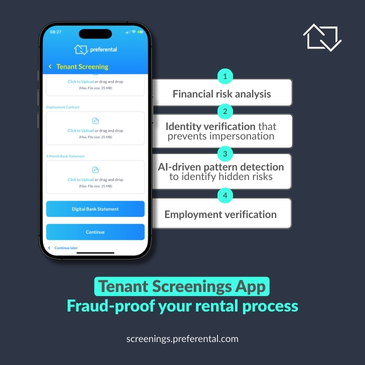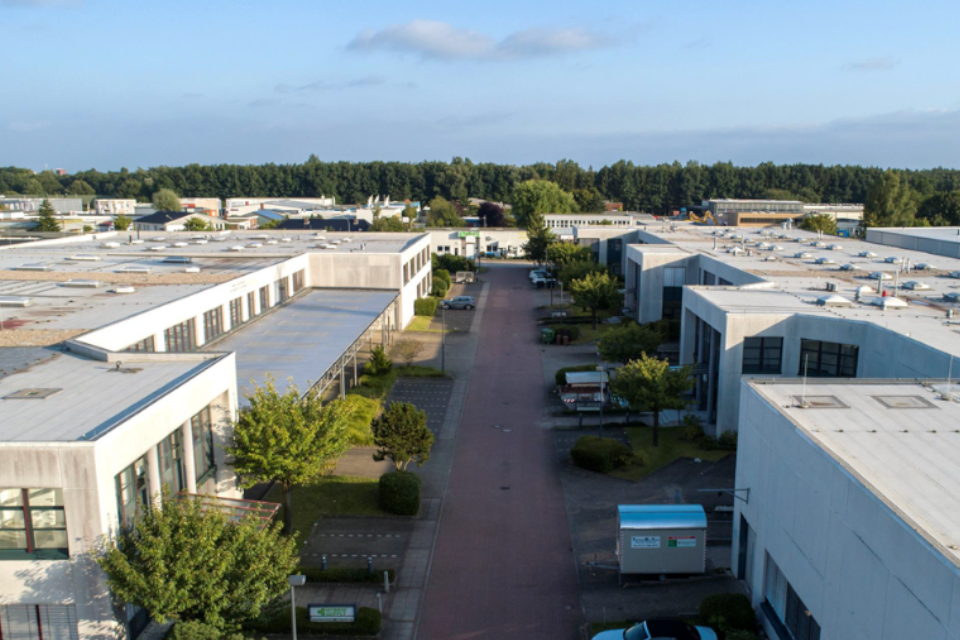High demand for Industrial Property in Cape Town: Trends and Insights
Cape Town is currently experiencing a surge in demand for industrial property, making it a key location for both local and national investors.
According to Marcus te Vaarwerk, director at Swindon Property, the city has become the preferred investment destination for industrial real estate in South Africa, attracting both local businesses expanding within the region and international companies seeking a footprint in the Western Cape.
- High Demand for Industrial Space: Cape Town sees rising demand from local, national, and international companies for large, well-equipped industrial properties.
- Investment Opportunities: Private investors target older properties for renovation, while REITs seek large logistics facilities in prime locations, valued over R50 million.
- Rising Rents & Limited Supply: Industrial property rents are increasing due to high demand, with prime areas like Paarden Eiland seeing significant price growth.
Growing Demand for Industrial Space in Cape Town: Key Trends and Investment Opportunities
The growing demand for industrial space in Cape Town is particularly driven by local businesses in the Western Cape, as well as companies from KwaZulu-Natal and Gauteng relocating or expanding to the city. Additionally, large international firms are eyeing Cape Town as a strategic base for growth. The most significant demand is for larger freestanding industrial warehouses, typically ranging from 2,500 to 5,000 square meters. These properties are in high demand due to their operational efficiency, with features such as eaves heights of at least 10 meters, open-plan layouts, and minimal office-to-warehouse ratios. Exclusive-use yard areas large enough for truck circulation are also increasingly sought after.
Te Vaarwerk highlights that this surge in demand is occurring alongside improving market conditions, such as the absence of load-shedding and growing confidence in the Western Cape’s business environment. Additionally, the recent downward trend in interest rates is expected to further fuel demand, as smaller buyers look to purchase properties rather than rent due to rising rental costs. While the manufacturing sector has been in decline in recent years, the increasing entry of smaller manufacturers into the market is a positive sign.
Key factors influencing the popularity of industrial nodes in Cape Town include accessibility to major highways and public transport, proximity to residential areas (which enhances security), and availability of large power supplies. Industrial areas like Brackengate, Capricorn Park, Richmond Park, and Montague Park, known for their secure, well-patrolled environments, are particularly in demand. Areas with City Improvement Districts, such as Paarden Eiland and Parow, also remain highly sought after due to the enhanced security and upkeep these districts offer.
For investors, industrial property in Cape Town presents varied opportunities. Private investors often target older buildings that can be renovated to increase rental income and property value, typically focusing on properties valued between R2 million and R30 million. Larger property funds and Real Estate Investment Trusts (REITs), on the other hand, are more interested in acquiring large-scale logistics facilities, particularly those with sufficient yard space and eaves heights of at least 11 meters. These properties, often valued over R50 million, are in short supply, making them prime investment targets.
While new industrial buildings are becoming increasingly expensive due to rising construction and land costs, investors may opt for older properties with potential for redevelopment. The key to successful redevelopment lies in securing properties at the right price and ensuring the building layout supports modern requirements, such as a high yard-to-building ratio and the flexibility to subdivide into smaller units for higher rental yields.
Rental Trends and Demand for Industrial Space in Cape Town: Market Insights and Investment Considerations
Rental rates for industrial properties in Cape Town vary widely depending on location, building quality, and size. Older properties in less desirable areas can be rented for around R50 per square meter, while newer, premium properties in sought-after locations like Paarden Eiland or Montague Gardens can command up to R95 per square meter. New developments are pushing rental prices even higher, with some new builds in the region reaching R110 per square meter.
For tenants, newer properties are generally more attractive due to their compliance with regulations, higher eaves, and modern designs, which make them more flexible and energy-efficient. These properties typically command a rental premium of 15% to 20% over older buildings.
Te Vaarwerk notes that despite high demand, Cape Town’s industrial market faces a shortage of available space, leading to rising rents and decreasing vacancy rates. Areas such as Paarden Eiland, Montague Gardens, and Capricorn Park have all seen significant price increases, with rental growth accelerating over the past year. Smaller, more niche industrial areas like Northgate Estate and Ndabeni are also performing well due to their excellent accessibility and limited supply.
Looking forward, te Vaarwerk advises industrial property buyers to conduct thorough due diligence before making a purchase, particularly in understanding the rental market dynamics and potential future rental adjustments. While the industrial property market in Cape Town is expected to continue its upward trajectory, investors should remain mindful that the current cycle may be approaching its peak.
In conclusion, Cape Town’s industrial property market remains strong, with increasing demand across various sectors. Both local and international companies are fueling growth, and as the region experiences further investment and development, Cape Town is poised to remain a leading industrial hub in South Africa.






.avif)

.avif)


.avif)

.avif)




.svg)


.avif)

.avif)







%20.avif)








.avif)
%20.avif)
